Prime Minister Key unlocks bilateral business links
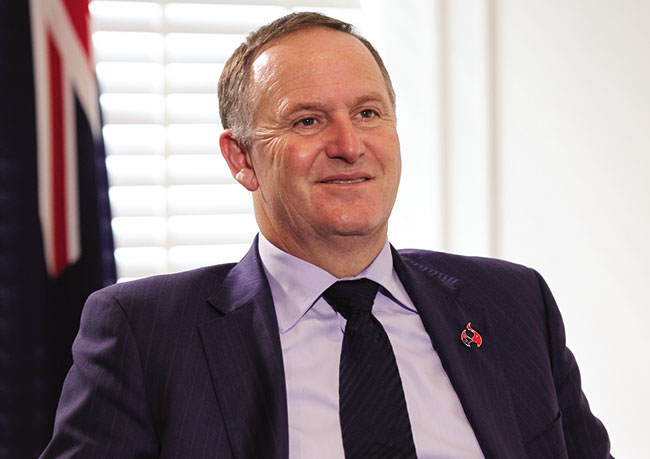 What is the central significance of this visit?
What is the central significance of this visit?
[It’s] partly symbolic – to reflect both on the 40th year of diplomatic relations and the signing of the TPP, and to support Prime Minister Dung’s reciprocal visit to New Zealand. I think that this is the next stepping stone towards a strategic partnership and also quite an important visual sign of how we might grow the relationship.
I took a big business delegation with me. They are keenly interested in a lot of new areas. So what we are trying to push on this trip is to get a bigger profile in certain areas like education, aviation, to a certain degree food – right across the spectrum – but there are more opportunities for us.
From an economic and business perspective, what will be your points of focus during your talks with Vietnamese leaders and business executives?
The big aim on this trip has been education, both in terms of establishing a greater profile for New Zealand institutions, each catering to young people here in Vietnam, but also bringing more students down to New Zealand. So we look at other countries with a similar profile. And we have high level of foreign students studying in New Zealand, so we think that there’s quite a deep market there where we can do better with that group.
Secondly, we’re working with government agencies, so a number of the announcements we’ve made here have ranged from strategic partnership, to educating officials, to English language training. The aviation market is very interesting here; there’s a rapidly growing demand for more pilots, so we can do some of the training there.
Apart from aviation, in terms of ICT (information and communication technology), we’ve just come from the Vingroup, and interestingly enough, a hospital here is powered by technology from a New Zealand company called Orion, so there’s a lot of exchange already happening. I mean, typically, the historical presence has been around food and wood products, and we’re really trying to demonstrate that New Zealand’s economy is a lot broader than that.
New Zealand and Vietnam have voiced their strong support for each other as comprehensive partners, and are celebrating 40 years of diplomatic ties as well as preparing to join the TPP – in light of all this, how do you see the prospects of trade and investment between the two countries in the years to come?
There is no doubt they will grow rapidly. In terms of economic ranking, New Zealand’s per capita income is much higher than Vietnam’s, as our population is around 4.5 million while yours is about 92 million, but you are growing roughly twice the growth rate we are. So what’s going to happen in the next decade: Vietnam will be growing much wealthier and will also become home to a lot more middle income consumers.
So from New Zealand’s point of view, our products will be focus on those middle and higher income consumers. That’s our target market in China, India, Malaysia, and Indonesia, and so is also the case here with Vietnam.
From our visit to a local business earlier on, there are 3,000 departments all selling middle income brands, with some 120 New Zealand products on display in the supermarket.
So we are really stretching services, I think. The moment we were talking about the two-way trade of a couple of billion dollars by 2020, but I would think if we succeed in terms of tapping the opportunities that are there, it will be much greater over time.
The challenge for New Zealand is to make sure our NZ companies stay focused on this market, and now with the free trade agreement in place, I’m confident that they will.
What the stars mean:
★ Poor ★ ★ Promising ★★★ Good ★★★★ Very good ★★★★★ Exceptional
Latest News
More News
- Development highlights in Q1 through expert’s lenses (April 08, 2024 | 16:48)
- Vietnam logs 17.1 million business cyberthreats in 2023 (April 08, 2024 | 16:34)
- Vietnam now China's top ASEAN trading partner (April 08, 2024 | 16:26)
- Vietnamese businesses grapple with surging exchange rates (April 08, 2024 | 09:59)
- PM outlines 10 socioeconomic achievements in first quarter (April 04, 2024 | 08:00)
- Implementation strategy for new power development plan approved (April 03, 2024 | 15:14)
- Wood sector sees signs of recovery (April 02, 2024 | 06:56)
- Ba Ria-Vung Tau received major investment boost in Q1 (March 29, 2024 | 17:22)
- More chinese solar-tech manufacturers enter Vietnam (March 29, 2024 | 16:10)
- Canadian businesses focus on green energy and agriculture in Vietnam (March 29, 2024 | 10:04)



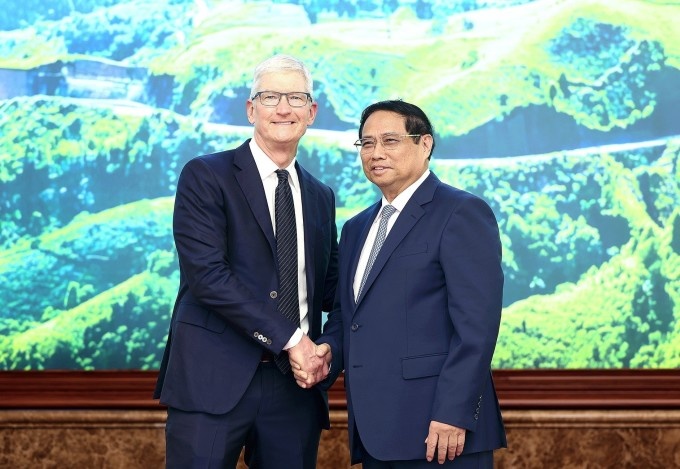


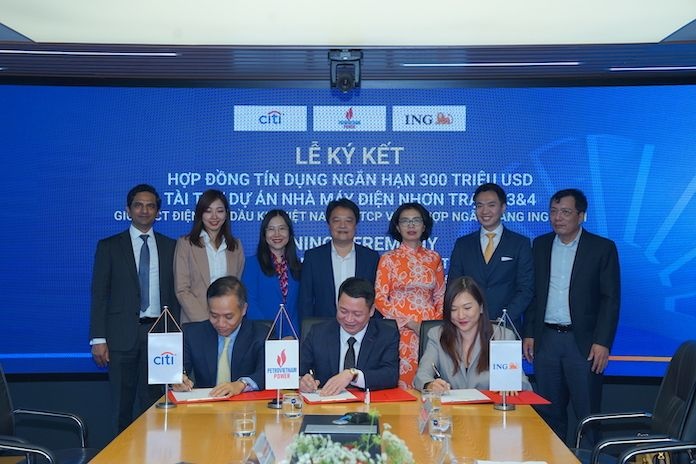

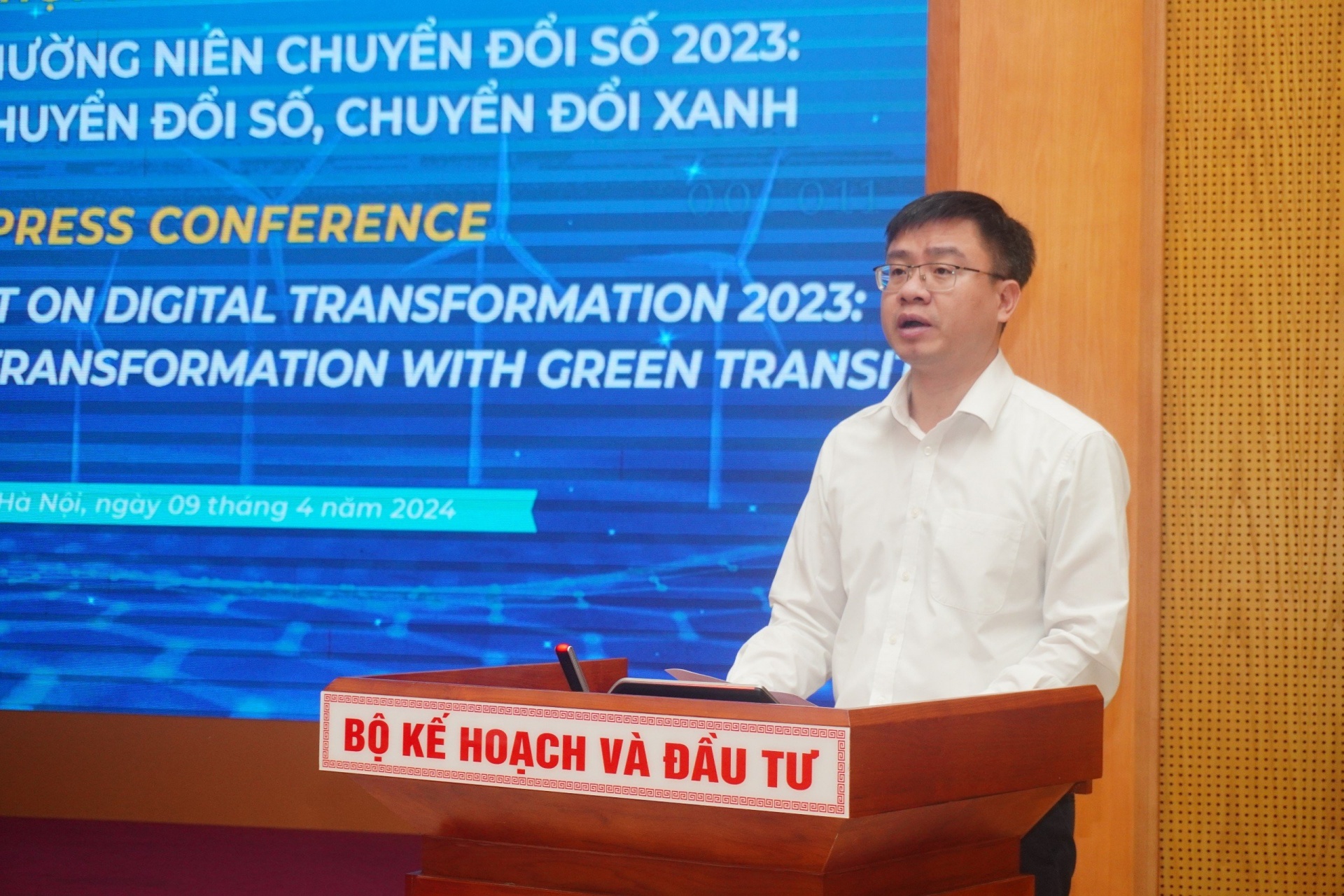


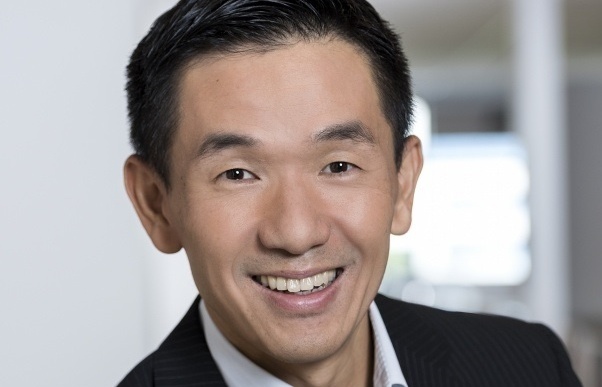
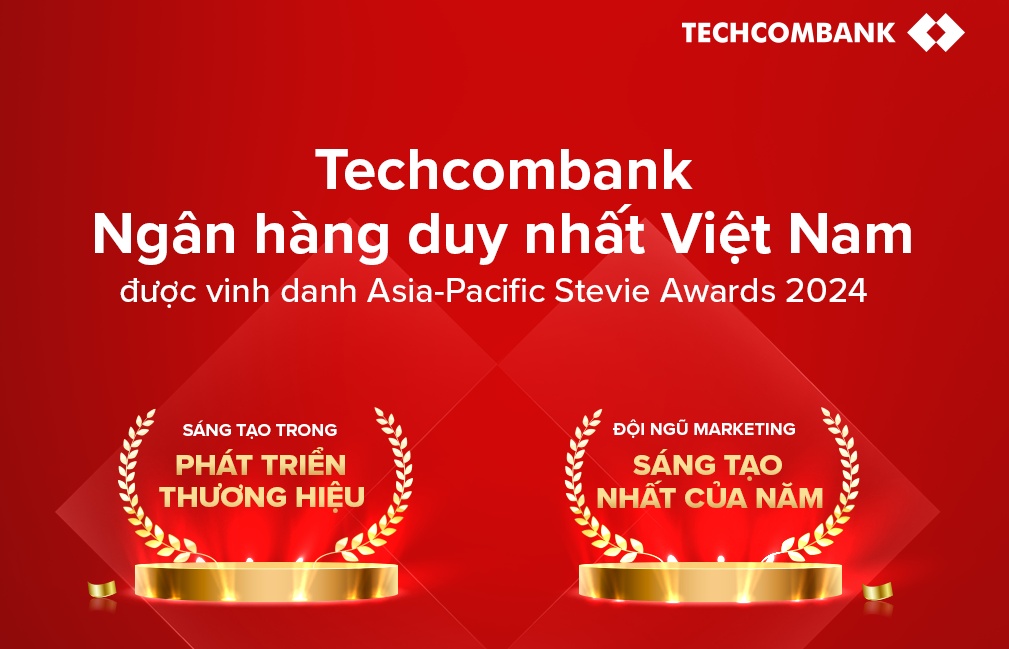
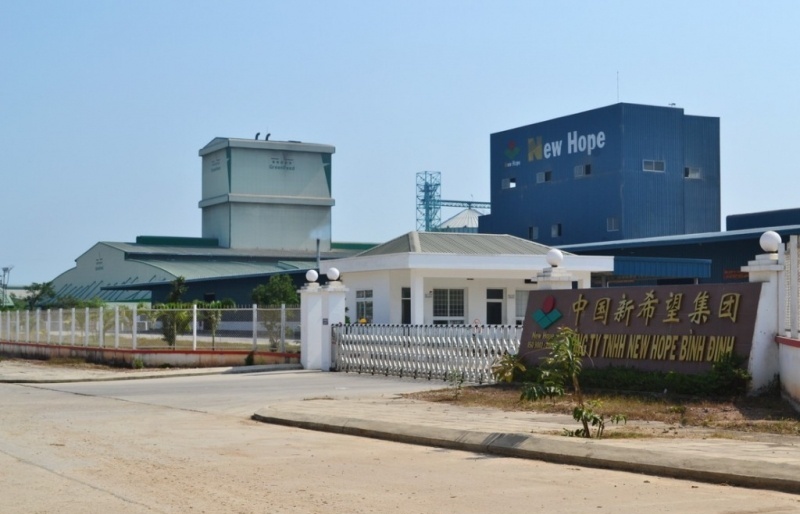




 Mobile Version
Mobile Version